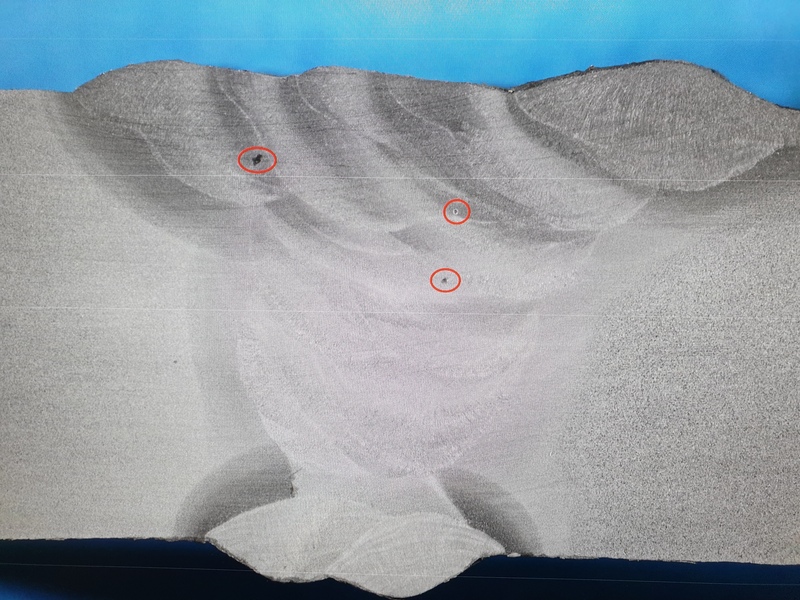Welding Inspection Services- What You Need to Know

Welding inspection services play a vital role in the success and safety of various industries, including construction, manufacturing, and energy production. These services ensure that welded structures and components adhere to strict quality control standards, ultimately resulting in reliable and long-lasting finished products. In this comprehensive guide, we’ll explore the importance of welding inspection services, the different types of inspections, and how to select the right service for your project..
The Importance of Welding Inspection Services
Welding inspection services are essential for several reasons:
Ensuring Quality Control
Quality control is critical to the success of any project that relies on welding. Welding inspection services help maintain high-quality standards by ensuring that welded joints meet specific guidelines set by industry regulators or certification bodies. With proper welding inspection, you can trust that your components will withstand the rigors of their intended applications.
Enhancing Safety
Poor welding can lead to catastrophic failures, putting workers and the public at risk. A thorough welding inspection can help identify potential hazards before they become a problem, ensuring that your project meets or exceeds safety requirements.
Reducing Costs
By detecting faults early in the production process, welding inspection services can help prevent costly repairs or replacements down the road. Moreover, identifying problems early on can reduce downtime and minimize disruptions to your project timeline.
Types of Welding Inspection Services
There are several types of welding inspections available to suit various needs and applications:
Visual Inspection
Visual inspections are the most common type of welding inspection. They involve a qualified inspector examining welds for surface defects such as cracks, porosity, undercutting, or distortion. These inspections are an essential first step for identifying potential issues before they become more severe.
Non-Destructive Testing (NDT)
Non-destructive testing (NDT) is a group of methods used to evaluate the integrity of a welded joint without causing damage to the component. Some popular NDT methods include:
- Ultrasonic testing
- Radiographic testing
- Magnetic particle inspection
- Liquid penetrant inspection
- Eddy current testing
These advanced techniques can detect hidden flaws, such as internal cracks or voids, that may not be visible during a visual inspection.
Destructive Testing
Destructive testing involves breaking, bending, or otherwise damaging a welded specimen to evaluate its performance under stress. This type of testing is often used for quality control purposes and provides valuable information about a weld’s strength and durability. Some common destructive testing methods include:
- Tensile strength testing
- Bend tests
- Impact tests
- Hardness tests
Selecting the Right Welding Inspection Service
When choosing a welding inspection service, consider the following factors:
Qualifications and Certifications
Select an inspection service with certified welding inspectors (CWIs) who possess the necessary qualifications and experience to evaluate your specific welding processes accurately.
Industry Expertise
Look for providers with experience in your industry or working with similar materials and applications. This expertise ensures that they understand the unique challenges and requirements of your project.
Equipment and Technology
Choose an inspection service that uses state-of-the-art equipment and technology for accurate, reliable results.
Communication and Reporting
Effective communication is crucial when working with an inspection service. Make sure your provider is responsive, transparent about their findings, and delivers thorough reports that are easy to understand.
In conclusion, welding inspection services are an integral part of ensuring quality control, safety, and cost-efficiency in any project involving welded components. By understanding the various types of inspections available and selecting the right provider for your needs, you can ensure that your project meets or exceeds industry standards. Remember that proper welding inspection is key to the success of your project, safeguarding your investments and protecting your reputation
If you would like more information on how Elite Engineering WA can help you with your next project please contact us for a quote or more information. Email sales@elitewa.com.au or Phone 1300 887 461
News
April 27, 2023
Share on:
